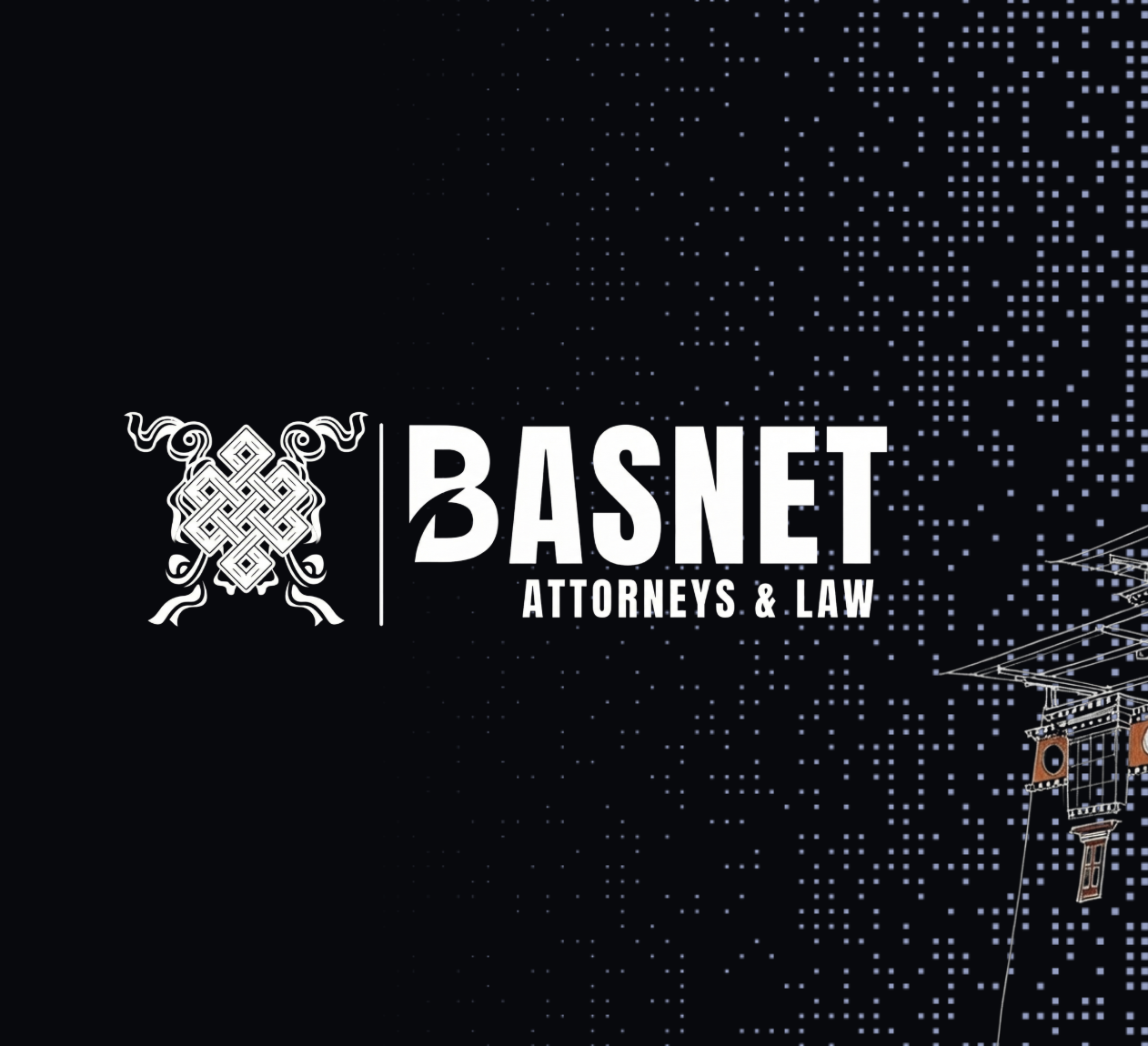
Best Cyber Law, Data Privacy and Data Protection Lawyers in Bhutan
Share your needs with us, get contacted by law firms.
Free. Takes 2 min.
Or refine your search by selecting a city:
List of the best lawyers in Bhutan

About Cyber Law, Data Privacy and Data Protection Law in Bhutan:
Cyber Law, Data Privacy, and Data Protection laws in Bhutan aim to regulate the use of the internet, protect personal information, and prevent cybercrimes. These laws govern the collection, storage, and sharing of data to ensure the security and privacy of individuals and organizations.
Why You May Need a Lawyer:
You may need a lawyer specializing in Cyber Law, Data Privacy, and Data Protection in Bhutan if you are a victim of cybercrimes, your data has been breached, you need to draft legal documents related to data protection, or you require legal advice on compliance with data privacy regulations.
Local Laws Overview:
Key aspects of Cyber Law, Data Privacy, and Data Protection laws in Bhutan include the Electronic Transaction Act of Bhutan, which regulates electronic transactions and cybersecurity. The Data Protection Policy of Bhutan protects personal information collected by private and public entities. The Bhutan Computer Incident Response Team (BtCIRT) is responsible for cybersecurity incident response and coordination.
Frequently Asked Questions:
Q: What is considered personal data under Bhutan's Data Protection Policy?
A: Personal data includes any information that can identify an individual, such as name, address, contact details, and identification numbers.
Q: What are the penalties for non-compliance with Bhutan's Data Protection laws?
A: Non-compliance can result in fines, imprisonment, or other legal consequences depending on the severity of the violation.
Q: How can I report a cybersecurity incident in Bhutan?
A: You can report cybersecurity incidents to the Bhutan Computer Incident Response Team (BtCIRT) through their website or by contacting their hotline.
Q: Can I transfer personal data outside of Bhutan?
A: Transferring personal data outside of Bhutan is subject to strict regulations to ensure data protection and privacy.
Q: How can I ensure my business is compliant with Bhutan's Data Protection laws?
A: Consulting with a lawyer specializing in Data Protection laws can help you understand and comply with the regulations.
Q: What rights do individuals have under Bhutan's Data Protection laws?
A: Individuals have the right to access, rectify, and erase their personal data held by organizations.
Q: Can I use personal data for marketing purposes without consent?
A: Using personal data for marketing purposes without consent is prohibited under Bhutan's Data Protection laws.
Q: How long can organizations retain personal data in Bhutan?
A: Organizations should not retain personal data longer than necessary for the purpose for which it was collected.
Q: Can individuals request a copy of their personal data from organizations?
A: Yes, individuals have the right to request a copy of their personal data from organizations holding their information.
Q: Are there any exemptions to Bhutan's Data Protection laws?
A: Some exemptions exist for data processing related to national security, law enforcement, and other specified purposes.
Additional Resources:
For more information on Cyber Law, Data Privacy, and Data Protection in Bhutan, you can contact the Bhutan Computer Incident Response Team (BtCIRT) or consult the Bhutan Law Library for relevant regulations and guidelines.
Next Steps:
If you require legal assistance in Cyber Law, Data Privacy, and Data Protection in Bhutan, consider seeking advice from a lawyer specializing in this field. They can help you navigate the legal complexities and ensure compliance with local regulations.
Lawzana helps you find the best lawyers and law firms in Bhutan through a curated and pre-screened list of qualified legal professionals. Our platform offers rankings and detailed profiles of attorneys and law firms, allowing you to compare based on practice areas, including Cyber Law, Data Privacy and Data Protection, experience, and client feedback.
Each profile includes a description of the firm's areas of practice, client reviews, team members and partners, year of establishment, spoken languages, office locations, contact information, social media presence, and any published articles or resources. Most firms on our platform speak English and are experienced in both local and international legal matters.
Get a quote from top-rated law firms in Bhutan — quickly, securely, and without unnecessary hassle.
Disclaimer:
The information provided on this page is for general informational purposes only and does not constitute legal advice. While we strive to ensure the accuracy and relevance of the content, legal information may change over time, and interpretations of the law can vary. You should always consult with a qualified legal professional for advice specific to your situation.
We disclaim all liability for actions taken or not taken based on the content of this page. If you believe any information is incorrect or outdated, please contact us, and we will review and update it where appropriate.
Browse cyber law, data privacy and data protection law firms by city in Bhutan
Refine your search by selecting a city.







